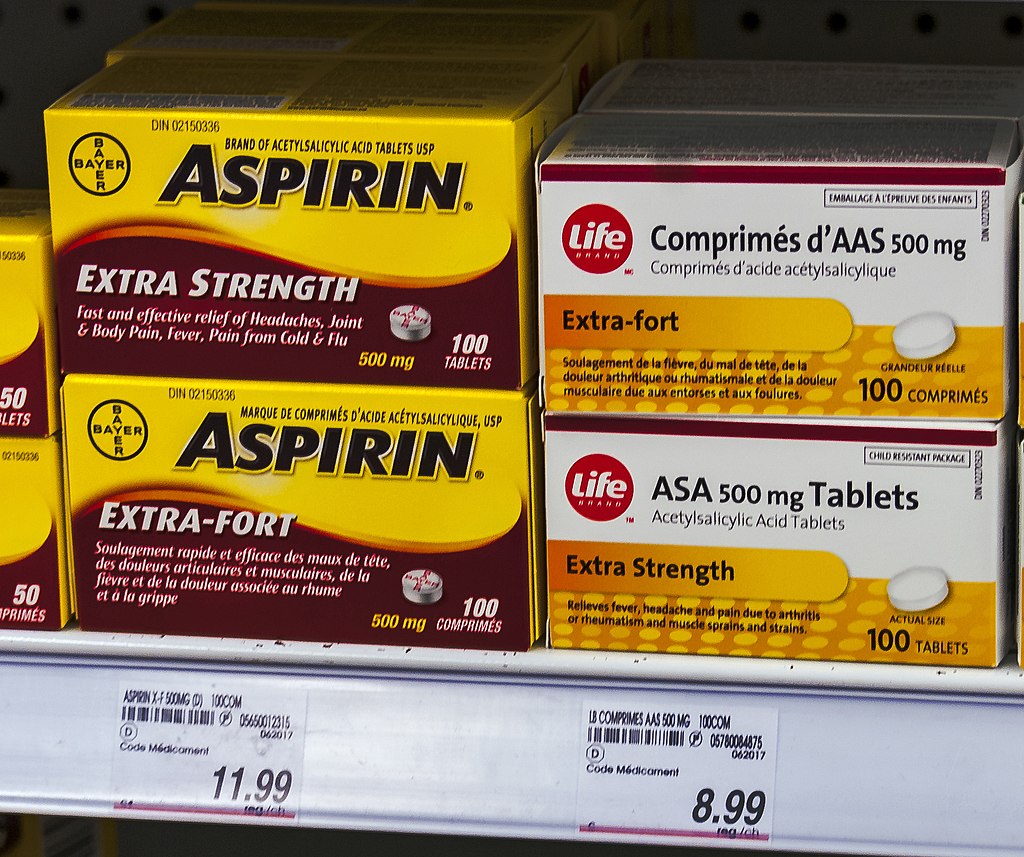TL;DR
The surge in consumer interest in private-label brands has led to increased sales and loyalty. Consumers find these brands to offer good value and intend to continue purchasing them even after inflation eases. While these products can pose a competitive challenge for independent retailers, there are strategies they can adopt to navigate the changing landscape and retain their customer base.
What is a private-label brand, exactly?
A private-label brand refers to a product that is developed, produced, and sold exclusively by a particular retailer under their own brand name. These brands are often referred to as store brands, own brands, or private-label brands. Unlike national brands, which are produced by well-known manufacturers and available across multiple retailers, store brands are unique to a specific retailer and offer an alternative to branded products.
Private-label brands are designed to meet the specific needs and preferences of the retailer’s target customers. They may be perceived as generic or cheap alternatives to national brands, but modern private-label brands can offer good quality product at a very competitive price. In fact, many consumers are increasingly embracing private-label brands for their affordability, value, and consistent quality.
Why are private-label brands becoming more popular?
Private-label brands have witnessed a significant surge in consumer interest. According to an FMI survey, 41% of shoppers have increased their purchases of private brands since 2020, with higher grocery prices cited as a primary reason. While affordability is a key driver, consumers also value the quality and value proposition offered by this genre of product.
Private-label brands are expected to continue growing. Nearly 77% of current buyers plan to purchase more private-brand products in the future, according to Andy Harig, Vice President of FMI – the Food Industry Association. In 2022, private-label products accounted for an 18.2% dollar share. Large food retailers aim to increase that to 22.6% within the next two years.
Although private-label sales have historically thrived in less differentiated product categories, recent trends indicate a shift toward more diverse categories. Private-label brands are penetrating highly differentiated markets, including ice cream, where they have experienced remarkable growth. This shift suggests that private-label brands are capable of challenging national brands by offering vertically integrated, in-house, and proprietary recipe alternatives. The fast growth in these differentiated categories signifies a changing dynamic in the private-label landscape.
Will this negatively affect independent retailers in the long run?
While private-label brands present opportunities for large food retailers, independent retailers may be concerned about potential threats to their business. Rick Stein, Vice President of Fresh Foods for FMI, highlights that private-label brands have evolved over the years. Customers often don’t realize they are purchasing private-label products, thanks to improved quality while maintaining a price advantage. This ability to provide comparable quality at a lower price has contributed to the success of private-label brands.
The rise of private-label brands can present both challenges and opportunities. While store brands may pose a competitive threat, independent retailers have unique strengths they can take advantage of. Independent retailers have the ability to cater directly to their customer base to maintain a strong position in the market. Consumers who shop with independent retailers tend to be very loyal, and they have concerns other than a product’s price. For example, shoppers in an urban area might care much more about sustainability and value. An independent retailer can pivot their inventory around that need much easier than a large chain.
The Independent Edge
Independent retailers should focus on building strong relationships with customers. Provide personalized experiences, offer niche or specialty products (like international goods). Those qualities are are not easily replicated by private-label products from big chain stores. Offering greater expertise, curating unique product selections, and emphasizing community service creates customer loyalty. These are all things independent retailers are uniquely good at. This is why independent retailers will still be relevant during the rise of labor automation.
In conclusion, the rise of private-label brands are reshaping the food retail industry, attracting consumers with their affordability, quality, and value proposition. Independent retailers may face challenges from these brands, but they have the means to adapt. By leveraging their unique strengths and fostering customer loyalty through personalized experiences and specialized product offerings, independent retailers can maintain their competitive edge and continue to serve their communities effectively.




